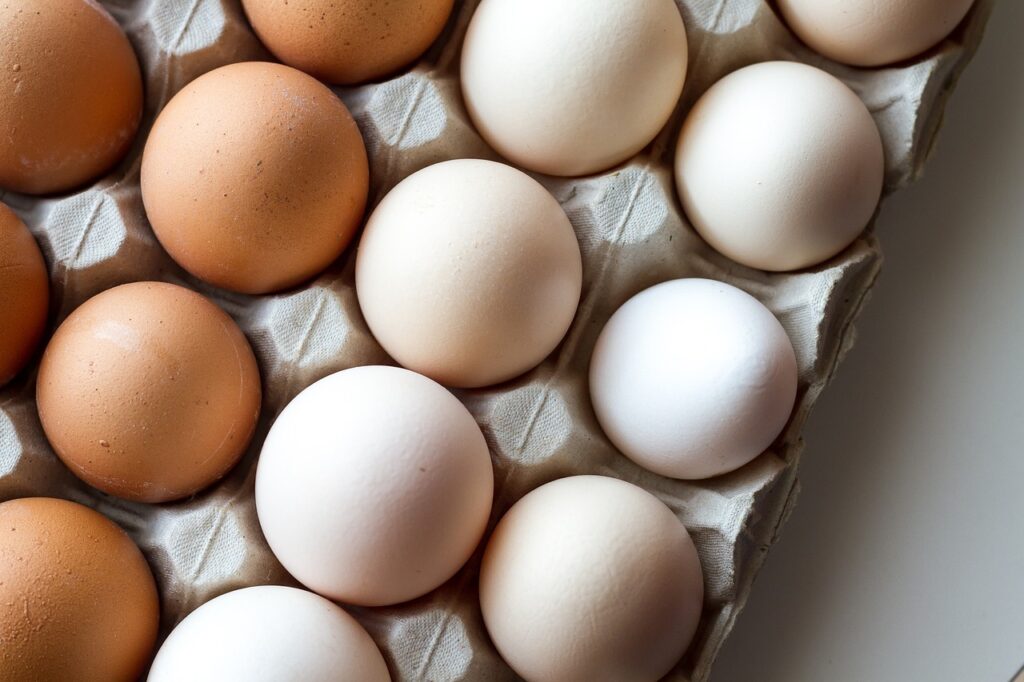Have you ever wondered about the marvels of vegan eggs? In a world where plant-based living is gaining momentum, the quest for ethical and sustainable alternatives reaches the breakfast table. Let’s embark on a journey to explore the diverse and innovative realm of vegan eggs, where compassion meets culinary creativity.

The Evolution of Vegan Eggs
In the not-so-distant past, vegans might have faced limited options for replacing eggs in their favorite recipes. However, the landscape has transformed, with a plethora of vegan egg alternatives now available, ranging from commercial products to DIY recipes using common kitchen staples.
Commercial Vegan Egg Replacements
Enter the world of commercial vegan egg replacements that mimic the properties of eggs without involving any animal products. These products, often made from ingredients like chickpea flour, flaxseeds, or tapioca starch, have revolutionized plant-based baking and cooking. They can seamlessly replace eggs in a variety of dishes, from pancakes to cookies, providing the same binding and leavening properties.
DIY Vegan Egg Substitutes
For those who love a culinary adventure, DIY vegan egg substitutes offer a hands-on approach to plant-based cooking. Flax eggs, made by combining ground flaxseeds with water, or chia eggs, created using a similar method with chia seeds, are just a couple of examples. These alternatives not only serve as excellent binders but also contribute to the nutritional value of the dish.
Nutritional Benefits of Vegan Eggs
Beyond their culinary versatility, eggs bring nutritional benefits to the table. Many commercial replacements are fortified with essential vitamins and minerals, offering a healthy alternative. Additionally, DIY options, such as flax eggs, provide a dose of omega-3 fatty acids, adding an extra nutritional boost to your recipes.
Environmental Impact
Choosing them is not just about personal health; it’s also a step towards reducing our environmental footprint. Traditional egg production can have a significant impact on resources and animal welfare. Opting for plant-based alternatives contributes to a more sustainable and compassionate food system.
Navigating Labels and Products
As the popularity of vegan eggs rises, navigating the array of products and labels becomes essential. Reading ingredient lists and understanding the source of the egg substitute ensures that you make choices aligned with your dietary preferences and values.
Frequently Asked Questions About Vegan Eggs
Curious to know more about vegan eggs? Here are some common questions to guide you further:
Q1: Can I use vegan eggs in any recipe?
In most cases, yes! They work well in a variety of recipes, including baking, cooking, and even scrambling.
Q2: Are commercial vegan egg replacements available in local grocery stores?
Yes, many grocery stores now carry a range of commercial vegan egg replacements. Check the health or plant-based section for these products.
Q3: How do I replace eggs in recipes with DIY alternatives?
It’s usually a straightforward substitution. For one egg, you can often use a flax egg (1 tablespoon ground flaxseed + 3 tablespoons water) or a chia egg (1 tablespoon chia seeds + 3 tablespoons water).

